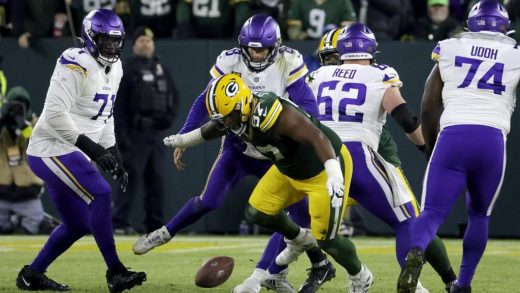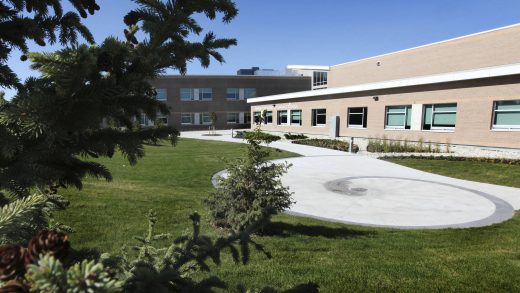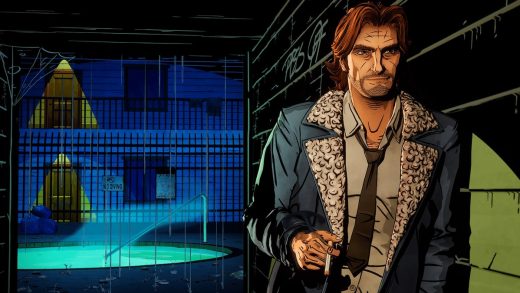Cambodian opposition leader set for treason trial verdict

PHNOM PENH, Cambodia (AP) — Cambodia’s beleaguered pro-democracy forces face another day of reckoning Friday, as the country’s most prominent opposition politician not in exile is scheduled to hear the verdict in his trial for treason.
Kem Sokha was head of the Cambodia National Rescue Party when he was arrested in September 2017 based on an old video that showed him speaking at a seminar about receiving advice from U.S. pro-democracy groups. Prime Minister Hun Sen’s government said it was proof of collusion with a foreign power to illegally take power.
Kem Sokha’s trial started in January 2020 but was soon suspended due to the coronavirus outbreak and resumed only last year. The 69-year-old could be imprisoned for up to 30 years if found guilty.
His arrest marked the beginning of a fierce campaign by the government to use the courts — widely considered to be under its influence — to silence its critics in the political and media spheres or drive them out of the country.
The popular CNRP was seen as an electoral threat to Hun Sen’s Cambodian People’s Party ahead of the 2018 general election. Kem Sokha’s arrest was swiftly followed by the dissolution of the party by the Supreme Court in November 2017, after the government accused it of plotting its overthrow.
The CNRP had been the only credible opponent of Hun Sen’s party, which consequently swept all the seats in the National Assembly. Rights groups and Western nations charged that the election was neither free nor fair.
Friday’s verdict comes four months ahead of another general election in which Hun Sen’s latest opponents now face similar pressure.
Hun Sen has been in power for 38 years and has vowed to stay in office until 2028. He has endorsed one of his sons to succeed him. He uses guile and threats to exercise authoritarian power in the framework of electoral democracy.
Kem Sokha was released from prison on bail in September 2018, more than a year after he was arrested, and put under house arrest. In November 2019, he was freed from house arrest but still banned from political activity.
Sam Rainsy, the co-founder of the CNRP, has been in self-imposed exile since 2015, avoiding prison for a defamation conviction along with a slew of other legal charges brought by the government. As in Kem Sokha’s case, the charges are widely seen as politically motivated.
Sam Rainsy was the de facto leader of the party while Kem Sokha was in prison before his release on bail. Tensions grew between supporters of the two opposition leaders because some felt Kem Sokha faced more pressure from Hun Sen’s government while Sam Rainsy was free in exile.
The legal actions against Kem Sokha were widely seen as encouraging a split between the two. Hun Sen is an adroit political operator, and has a record of using divide-and-conquer tactics against his foes.
Kem Sokha’s political career began in 1993 when Cambodia held an election organized by the United Nations after more than two decades of war and unrest. He was elected as a National Assembly representative for the southern province of Takeo, as a member of the now defunct Buddhist Liberal Democratic Party.
In 1999, he joined the royalist FUNCINPEC party and subsequently was elected as a senator. He resigned from his Senate seat in 2001, and in 2002 he founded the independent Cambodian Center for Human Rights.
Rejoining politics in 2005, he founded the Human Rights Party, which finished third in the 2008 general election. In 2012, that party merged with Sam Rainsy’s Candlelight Party to form the Cambodia National Rescue Party, which captured 55 seats out of 123 at stake in the 2013 election.
___
Peck reported from Bangkok.
Credit: Cambodian opposition leader set for treason trial verdict


